Currently positioned third in their World Cup Qualifying Group with 11 points, Nigeria’s Super Eagles are aiming to claim maximum points from their final two fixtures to keep their World Cup hopes alive.
Many Nigerian football enthusiasts are eager to pinpoint who is responsible for the team’s disappointing 2026 World Cup qualifying campaign.
Some attribute the blame to Finidi George, others to the Nigeria Football Federation (NFF), while a few hold José Peseiro accountable. However, the true issue has been evident for years, yet remains largely unaddressed.
At the core of Nigeria’s football struggles lies a flawed system that uses the Super Eagles as a temporary fix to mask deep-rooted structural deficiencies.
In essence, Nigeria is attempting to erect a towering structure without first establishing a solid foundation-and each collapse should come as no surprise.
Finidi George: An Easy Target
It’s tempting to single out Finidi George as the scapegoat. Under his leadership, the team recorded one draw and one loss in the 2026 World Cup qualifiers, which has drawn widespread criticism.
Yet, this blame game overlooks the broader context. Finidi secured just one point from challenging matches against Benin and South Africa. Meanwhile, Peseiro managed only two points against Zimbabwe and Lesotho, teams ranked lower in the group.
Why then is the outrage so selective? Because it’s simpler to fault the visible figurehead than to confront the systemic issues that have plagued Nigerian football for decades.
The persistent reliance on quick fixes and foreign coaches has trapped the team in a repetitive cycle-new faces, but the same disappointing outcomes.
José Peseiro’s Role in the Crisis
José Peseiro’s tenure did not leave the Super Eagles in a strong position. The team’s early World Cup qualifying performances were lackluster, and although their AFCON campaign temporarily masked underlying problems, the foundation remained unstable.
Finidi inherited a squad accustomed to patchwork solutions rather than consistent, strategic development. The systemic decay predates his arrival.
Peseiro’s stint exemplifies Nigeria’s fixation on short-term gains at the expense of building a sustainable football infrastructure.
Assessing the Roles of Finidi George, José Peseiro, and the NFF
Despite the coaching changes-from Peseiro to Finidi George, and now Eric Chelle-the reality is that neither coach was provided with the necessary tools for success.
Peseiro’s period was marked by a lack of clear vision and long-term planning; Finidi stepped into the same unstable environment and faced unrealistic expectations.
The fundamental problem is not the individual on the sidelines but the absence of a robust system behind the team. The Nigeria Football Federation has consistently failed to establish a framework that empowers any coach-local or foreign-to thrive.
Without a comprehensive development program, effective scouting networks, and continuity, the Super Eagles will continue to depend on natural talent rather than tactical discipline and strategic planning.
“Something is killing our youth football. We faced difficulties throughout the entire tournament. Was Harcourt overhyped? Kpaboro? He’s out of the question.” – Ayomide Oguntimehin (@ayo_oguntimehin)
Final Thoughts from Soccernet.ng
Nigeria’s failure to invest in long-term structure and strategic planning remains the root cause of its football woes. Until this mindset shifts, the football community will continue to misplace blame, while the true problem-the broken system undermining the nation’s football future-persists unchecked.


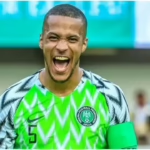

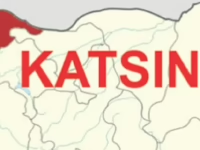
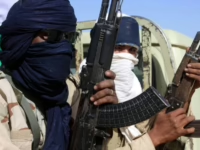
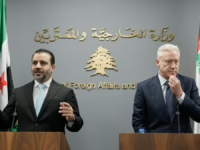
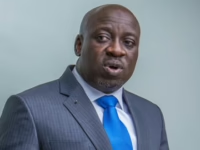

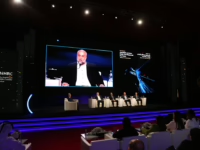




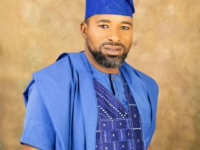
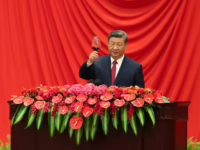

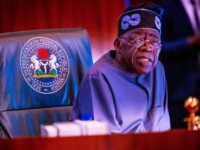


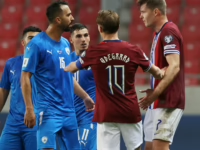
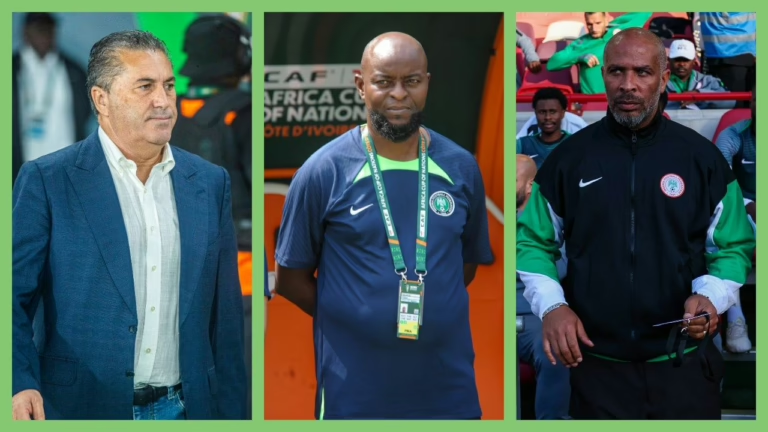
0 Comments